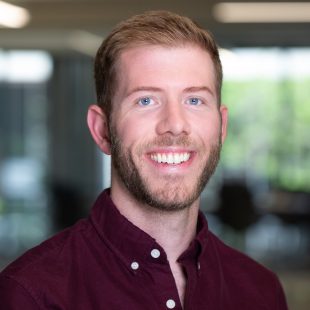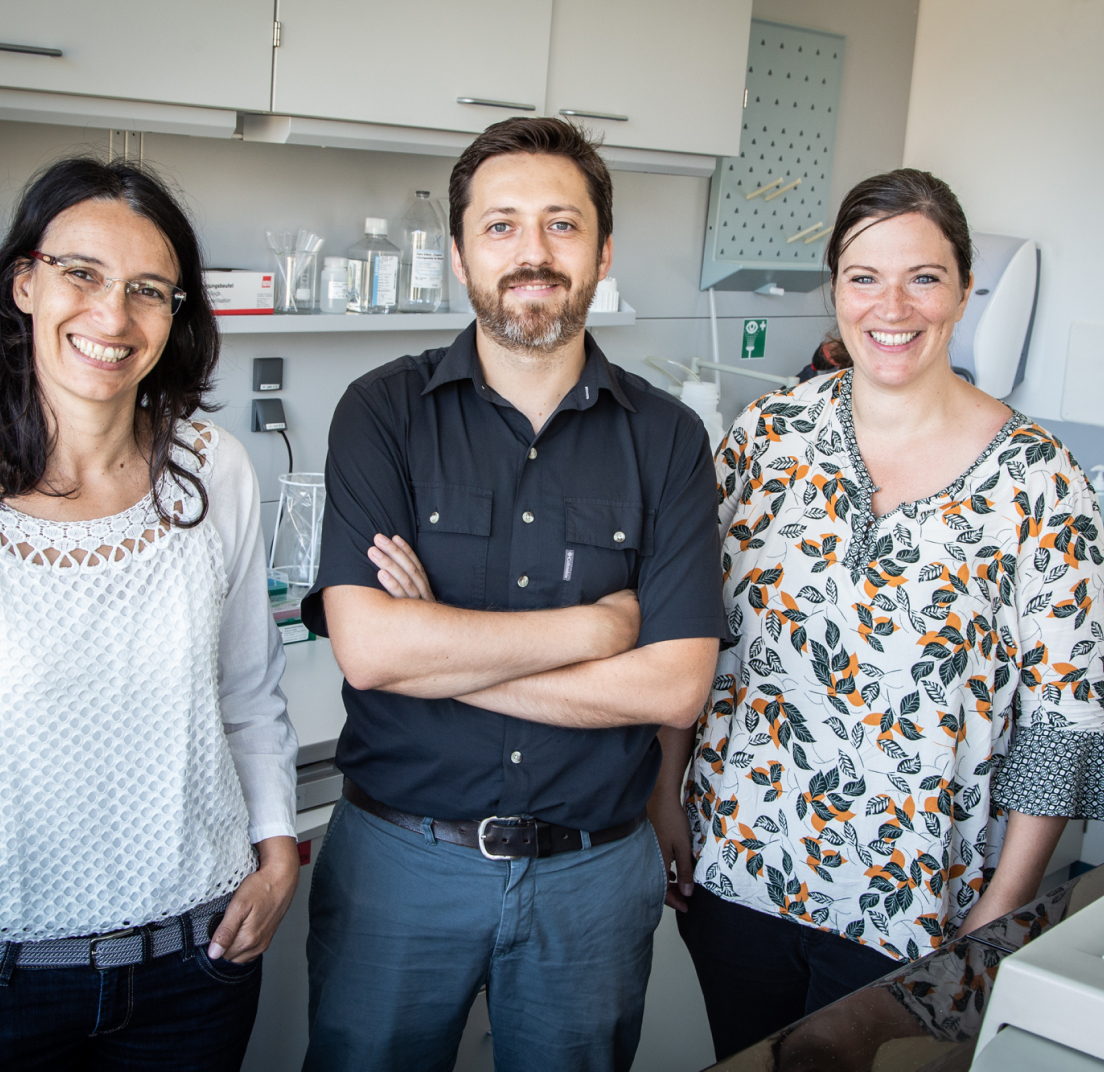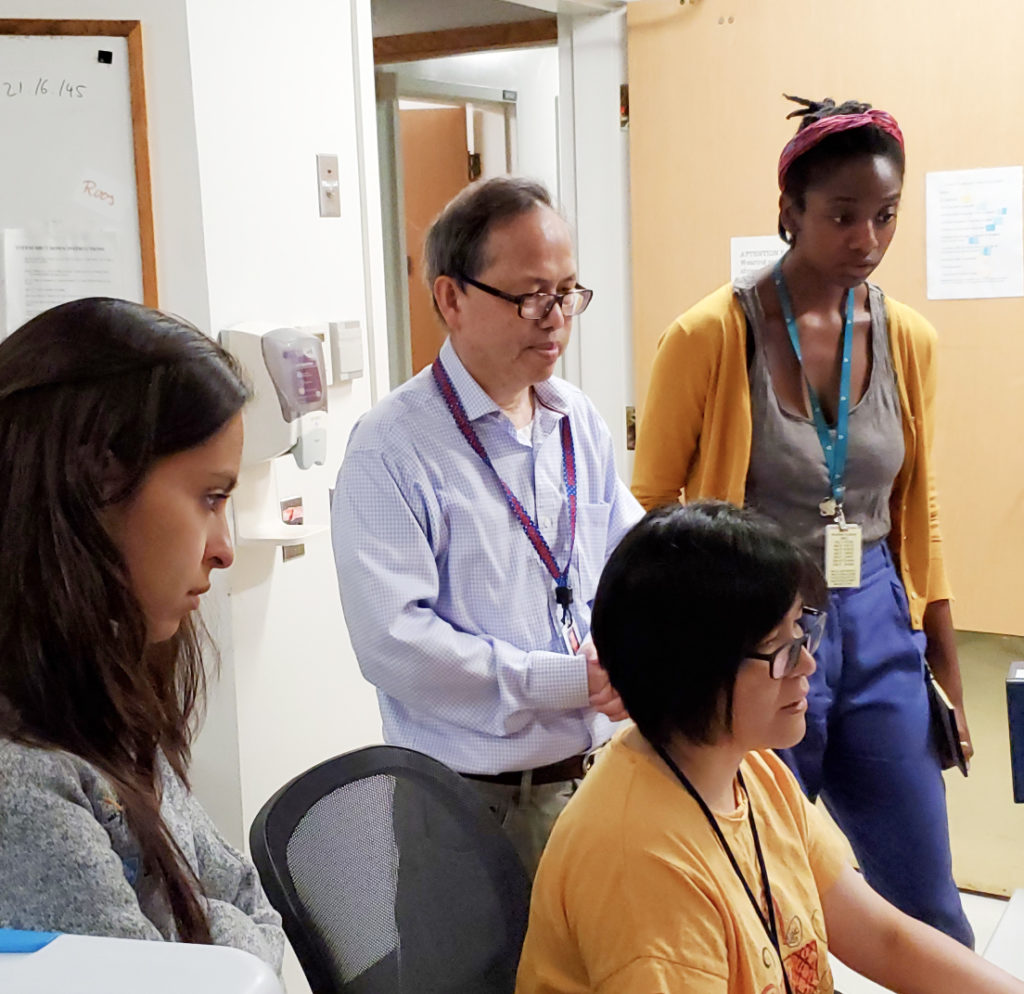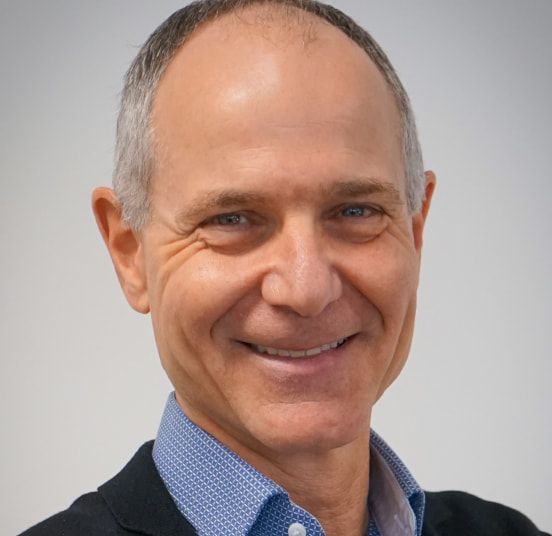“Enriching the You + ME Registry: Exploring Access-to-care and Other Real World Data”
Principal Investigator: Kevin Timms, PhD
“Enriching the You + ME Registry: Exploring Access-to-care and Other Real World Data”
Principal Investigator: Kevin Timms, PhD

Dr. Kevin Timms, PhD brings 15 years of experience in the health and healthcare data world. Having worked with electronic medical records, drug discovery data, healthcare claims, and more, he is passionate about using interdisciplinary and data-driven creative thinking in the healthcare analytics space. He is an advocate for using data science as a tool to improve decision-making at both the system- and patient-level. Kevin received a Bachelor of Chemical Engineering from the University of Dayton and a PhD in Bioengineering from Arizona State University. His dissertation focused on modeling health behavior change and developing algorithms for personalizing treatment plans. Since then, he has focused on mining medical data types to study healthcare trends, and is now interested in using data to minimize health inequities.
Study Summary
Healthcare accessibility and social determinants of health (SDOH) – nonclinical factors influencing health such as socioeconomics – are consistently major predictors of healthcare decision-making and outcomes. Such effects are pervasive and well-documented across medical conditions and demographics, including among the ME/CFS and COVID-19 patient communities.
Access-to-care (a2c) metrics and SDOH variables, though, are poorly captured in electronic medical records (EMRs), pharmacy claims, and medical insurance claims. Consequently, Big Data analytics of EMR and claim databases are insufficiently representing the influence of these factors. This is especially problematic when trying to statistically study health inequities, and ultimately when trying to design support programs to meet the specific needs of different underserved communities.
To fill this analytical gap, nonclinical datasets can be linked to patient data in order to create a fuller picture of patients’ access and SDOH circumstances. A significant body of work has illustrated the value of SDOH-related data linking for analysis of cancer, organ transplant, COVID-19, and other care outcomes, especially for the study of outcomes from underrepresented communities. These efforts are facilitated by the wider availability of publicly-available, nonclinical data sets.
This project is a proof-of-concept in which we aim to enrich the information in Solve M.E.’s You + ME Registry with a2c and SDOH profiles. Enrichment is based on the linking of registry data with external geographic, socioeconomic, and other nonclinical variables. Specifically, we will first link You + ME data to information on the locations of ME/CFS specialists, neurologists, and infectious disease specialists. With this, we will quantify the accessibility of these specialists to You + ME participants. We will also link registry data to public information on socioeconomic trends across the US.
By studying the resulting dataset, we can assess the precision and accuracy of a2c and SDOH profiles created by this linking methodology. Whether the geographic distribution of the registry’s Long Covid population reflects the geographic distribution of national COVID-19 infection rates will also be evaluated.
This work will produce a methodology for and demonstrate the value of enriching the You + ME Registry with a2c and SDOH profiles. Specifically, this exercise may offer researchers a tool for hypothesis testing of how certain social circumstances affect ME/CFS and Long Covid patient outcomes.
By stratifying the You + ME registry by SDOH metrics and benchmarking the geographic bias of the Long Covid population, we will evaluate the larger representativeness of the You + ME Registry. This evaluation will help researchers better interpret registry data and can suggest where Solve M.E. should focus recruitment efforts in order to help You + ME better reflect the disease population.



350 N Glendale Ave.
Suite B #368
Glendale, CA 91206
SolveCFS@SolveCFS.org
704-364-0016
| Cookie | Duration | Description |
|---|---|---|
| cookielawinfo-checkbox-analytics | 11 months | This cookie is set by GDPR Cookie Consent plugin. The cookie is used to store the user consent for the cookies in the category "Analytics". |
| cookielawinfo-checkbox-functional | 11 months | The cookie is set by GDPR cookie consent to record the user consent for the cookies in the category "Functional". |
| cookielawinfo-checkbox-necessary | 11 months | This cookie is set by GDPR Cookie Consent plugin. The cookies is used to store the user consent for the cookies in the category "Necessary". |
| cookielawinfo-checkbox-others | 11 months | This cookie is set by GDPR Cookie Consent plugin. The cookie is used to store the user consent for the cookies in the category "Other. |
| cookielawinfo-checkbox-performance | 11 months | This cookie is set by GDPR Cookie Consent plugin. The cookie is used to store the user consent for the cookies in the category "Performance". |
| viewed_cookie_policy | 11 months | The cookie is set by the GDPR Cookie Consent plugin and is used to store whether or not user has consented to the use of cookies. It does not store any personal data. |
Please let us know more about you.
Please let us know more about you.
Please let us know more about you.
Please let us know more about you.